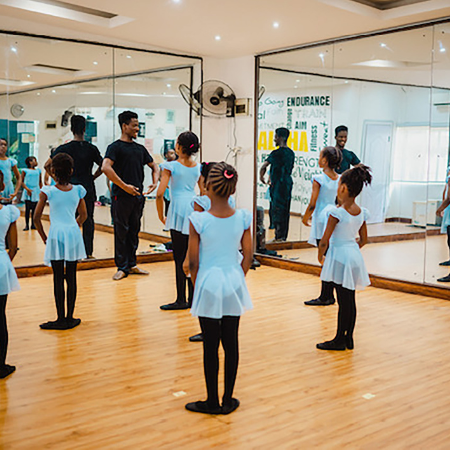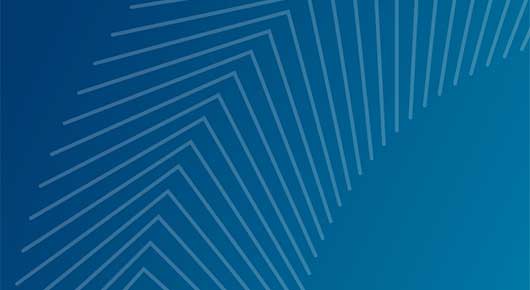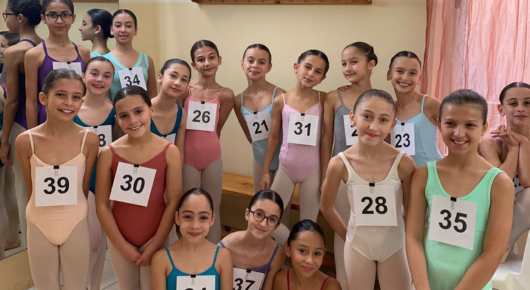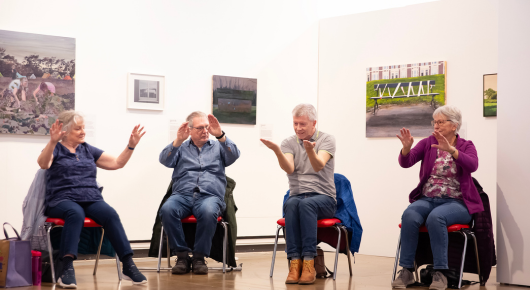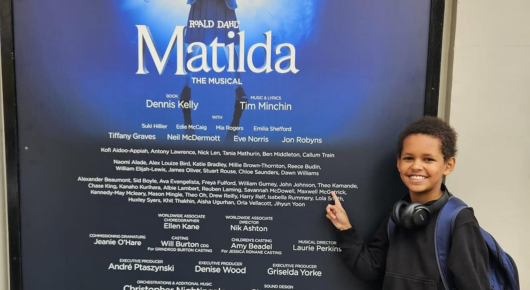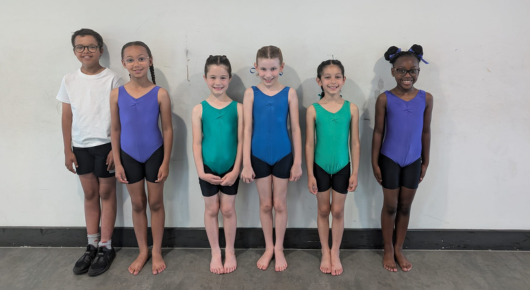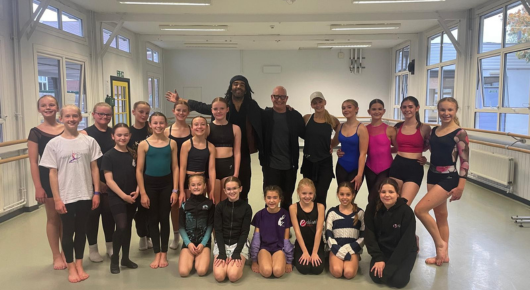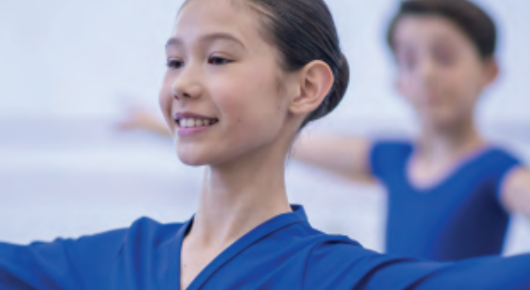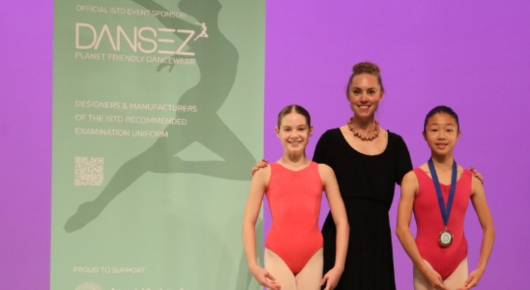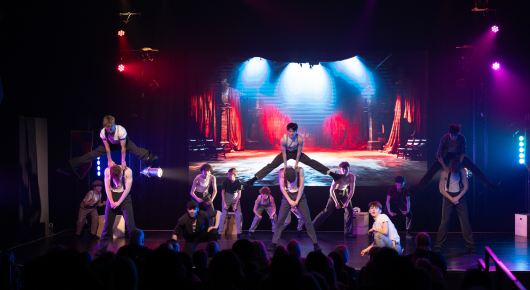10 July 2025
Applications for the Broadening Access to Dance Award and the Sue Passmore Award will reopen on 1 September 2025. These awards support dance educators and organisations working to make dance more accessible in their communities.
Recent recipients, Vivienne Kibble and Ayomi Tsalu, shared in detail how they used the funding to support young dancers and expand access to training.
Broadening Access to Dance
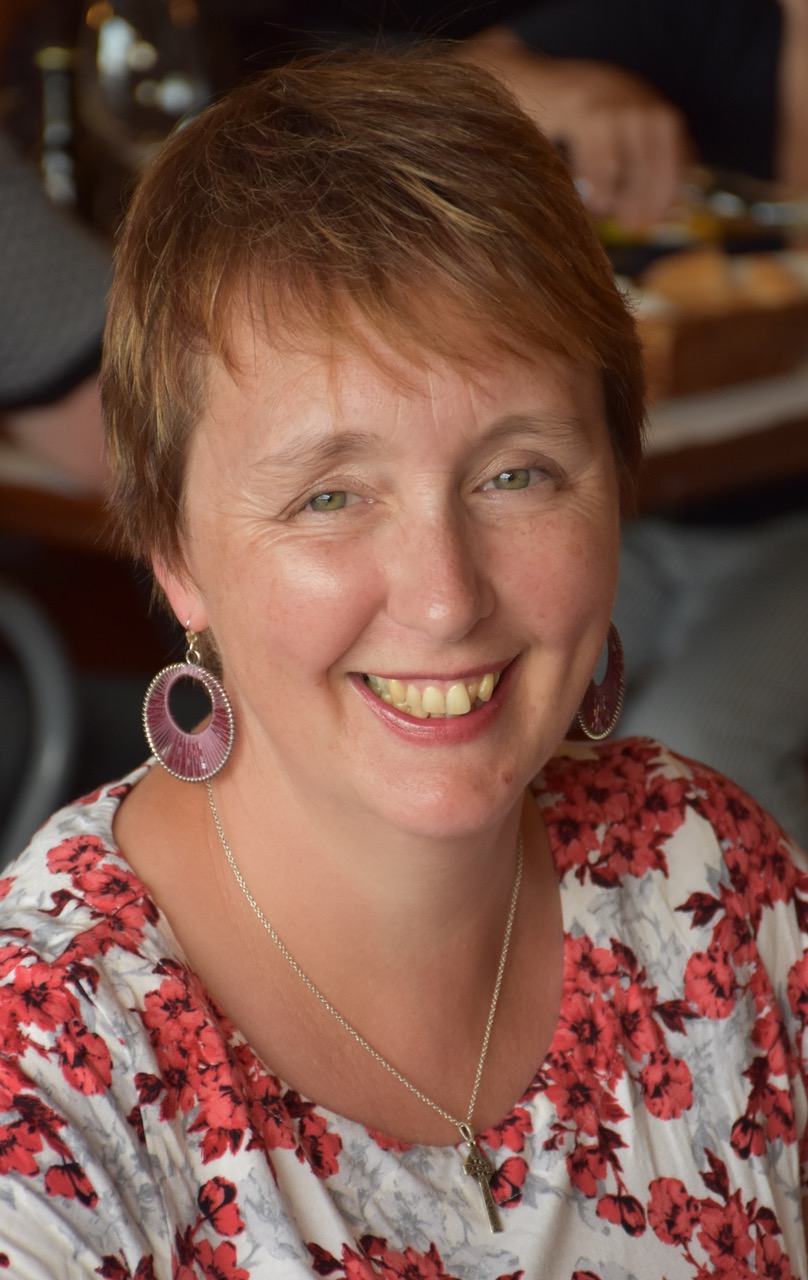
Vivienne is a passionate dance educator working closely with local schools through the charity BORAF, dedicated to expanding access to dance for children from socially and financially challenging backgrounds. With the support of the Sue Passmore Award, Viv has been able to develop and grow dance projects that inspire young learners and offer opportunities they might otherwise miss.
How Did You Feel About Receiving the Award?
“Firstly I would like to thank the ISTD for awarding this grant to us. It is a very generous gift and is much appreciated. “ I was delighted to be awarded this award. Apply, see how you get on. The ISTD department were really helpful and have been incredibly generous to make access for more children to dance possible.”
What Was the Purpose of Your Project?
“I applied for this award in conjunction with a charity called BORAF. Barbara O’Rourke was a teaching colleague, friend and ISTD member who sadly died from a brain tumour. Her husband, Sean O’Rourke, wanted to establish a charity that could help support access to dance for children that would not have the financial ability to do so. This charity had already been working in 2 local schools where there was a very high level of pupils on pupil premium and wanted to expand to a third school. The award has enabled us to do this and start a third schools project in our area with a new teacher.”
Which Students Are You Working With and What Dance Sessions Do You Offer?
“The School we are working with has identified particular students who have socially or financially difficult backgrounds. We run a regular session every week for these students and have now done a basic introduction to Ballet and a basic introduction to tap.”
How Did You Mentor Your Teacher and Collaborate with the School?
“My teacher, Holly Parker, has been mentored by myself to deliver these sessions. She has worked closely with the teachers of the school who have assisted her in the classes. We have worked carefully to make sure the staff at the school can engage with this project so that they can fully appreciate the potential of the students participating. If students show particular promise in dance then we are able to offer them free Further funded training through LWAD via the BORAF charity.”
What Are Your Future Plans for Expanding This Project?
“We would love to be able to continue expanding this project so that we can deliver classes to years one and two. The three schools we now work with have been delighted with the project and are keen to continue and develop them further.”
Sue Passmore Award
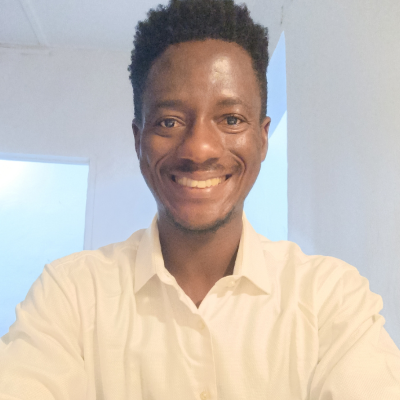
Dance has the power to change lives, but access to quality training and professional opportunities isn't always equal. In some parts of the world, talented young dancers struggle to access the resources, mentorship, and structured training they need to progress. This is why the Sue Passmore Award (SPA) was created – to support dance educators in broadening access to dance within their communities.
This year, the SPA was presented to Ayomi Tsalu, a dedicated dance educator in Nigeria who is using the funding to bring ISTD examinations to students in Awka, a region where professional ballet training is limited.
Through this project, Ayomi is not only giving students the opportunity to take their first-ever ISTD graded examinations but also proving that Nigerian ballet students deserve a place on the global stage.
Here, Ayomi shares more about this inspiring project, the challenges and triumphs along the way, and what this award means for the future of dance in Nigeria.
What inspired the project?
"I have taught a set of students in a studio outside Lagos, where I live, every August for the past 3 years. They were a huge part of my preparations for my unit 4 DDE examinations. And seeing how eager they were to learn and the marginalization they face being far from the entertainment hub in Nigeria, I knew that I wanted to do so much more for them, both to reward the hard work they have put in over the years and to honour the dreams that I never got to fulfil when I was their age – and presenting them for a graded examination just felt like the perfect next step for them. And to my honour, a brother of one of the girls just joined the group and would take the exams too!"
Why Awka?
"From the first time I was a guest at their studio, I could see how much more they could do if they had the right set of opportunities. They were the ideal students in every regard but cut off from qualified teachers and training resources. Awka, where they live, is riddled with political unrest and kidnappings but dance has always been one of the things those children and parents have committed to for years. When I discovered that I could access funding, I knew without a doubt that they were worthy of the investment."
What has the Sue Passmore Award meant for your work?
"Oh! I have many dreams for dance and my community and with each vision, there is always a huge financial setback that must be overcome before setting out. The SPA has literally given us wings to fly on this project without obsessing over how the funding would come about. And that artistic freedom is priceless to any artist. By this project, we are redefining what is possible for the Nigerian ballet students and substantiating our claims to the art form. We are making the dreams of those students come through in a real way!"
Have there been any memorable moments?
"A brother of the girls who used to just hang around to watch when the girls did class suddenly opted to join a class. That is a huge success story in Nigeria – to have a boy volunteer to do ballet and be the only boy in class (with the unwavering support of his parents). This is how we measure success. We also look forward to and are working towards a 100% pass rate and possibly a distinction rate."
What’s your vision for the future?
"This is the first of many ISTD success stories in Nigeria; we will have students training through the grades, qualified teachers from/in Nigeria and many people aspiring to greater heights in their artistic pursuits."
All because we have done it, it will suddenly seem attainable."
Any advice for other dance educators?
"As one of my tutors would say, 'What do you stand to lose by trying?' I would advise anyone looking to broaden access to dance in their community to go for it. We cannot all just sit down and complain about the inequalities of the world, we must get up and do something to create the world we want to see– one where opportunities are equally distributed amongst everyone. It is a game-changer if you have a clear vision and a plan of execution. And just like it gave me, the Sue Passmore Award might be the wings you need to fly!"
Could you be the next award winner?
Ayomi’s and Viviene's journeys are testaments to how ISTD bursaries can create meaningful change.
Applications for the Sue Passmore Award and Broadening Access to Dance Award open on 1 September 2025 and close at 12:00 noon BST on BST 11 November 2025.
Bursary announcements will be made on 19 December 2025.
